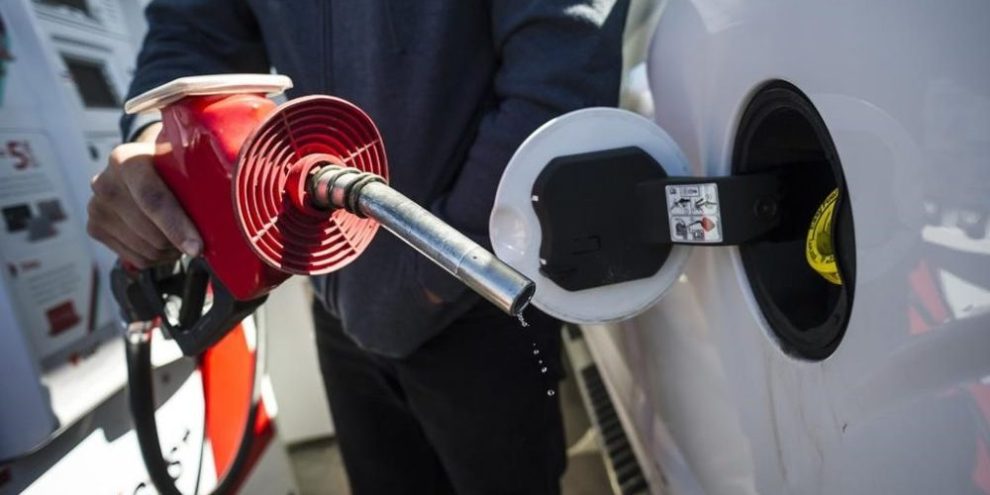
The national price on pollution will go up another $10 per tonne of greenhouse gas emissions as scheduled today in most provinces.
Environment Minister Steven Guilbeault is withstanding political pressure to delay or cancel the increase as fuel prices surge due mainly to the Russian invasion in Ukraine.
Guilbeault says the government is not going to stall or move backwards on its climate action plan, of which the carbon price is seen as a "cornerstone" policy.
The federal levy applies directly in Alberta, Saskatchewan, Manitoba and Ontario but British Columbia, New Brunswick and Prince Edward Island are also raising their provincial carbon levies to stay in line.
Quebec and Nova Scotia use cap−and−trade systems and Newfoundland and Labrador will raise its price to $50 a tonne later in 2022.
B.C.’s price is going to $50 from $45, New Brunswick to $50 from $40 and P.E.I., which hasn’t raised its levy since 2020, to $50 from $30.
The federal government recently outlined the carbon price rebate amounts for the upcoming year, which for the first time will be paid in instalments rather than all at once.
Only the four provinces directly involved in the federal system receive the rebates, which are intended to prevent families from hurting financially by paying the carbon price while still having an incentive to save more money by using less greenhouse−gas emitting fuel.
The payments vary by province depending on the amount of fossil fuels used, and range from a low of $745 this year in Ontario, to $1,101 in Saskatchewan.
For the first time, those cheques will be distributed throughout the year instead of in a single payment, with a double payment coming in July this year and quarterly payments following in October and January.
Other provinces have various plans for the revenues including tax credits, gas tax rebates, climate action grants, or some combination of those.
The Conservatives pushed a motion last month asking the Liberals to delay or cancel the planned increase on April 1 because gas prices have risen so much already.
Several leadership candidates are pushing the same and are also promising to do away with the carbon price entirely if they win the leadership and then form the government after the next election.
According to the Canadian Automobile Association, the average price for gasoline nationally on March 31 was $1.72 per litre, up from $1.22 per litre on April 1, 2021.
It peaked at a high of $1.85 per litre on March 11. Until today, the carbon price accounted for 8.8 cents of that.
feature image via The Canadian Press





